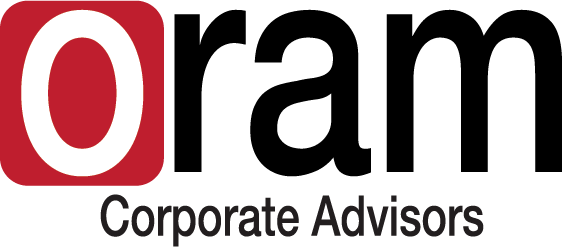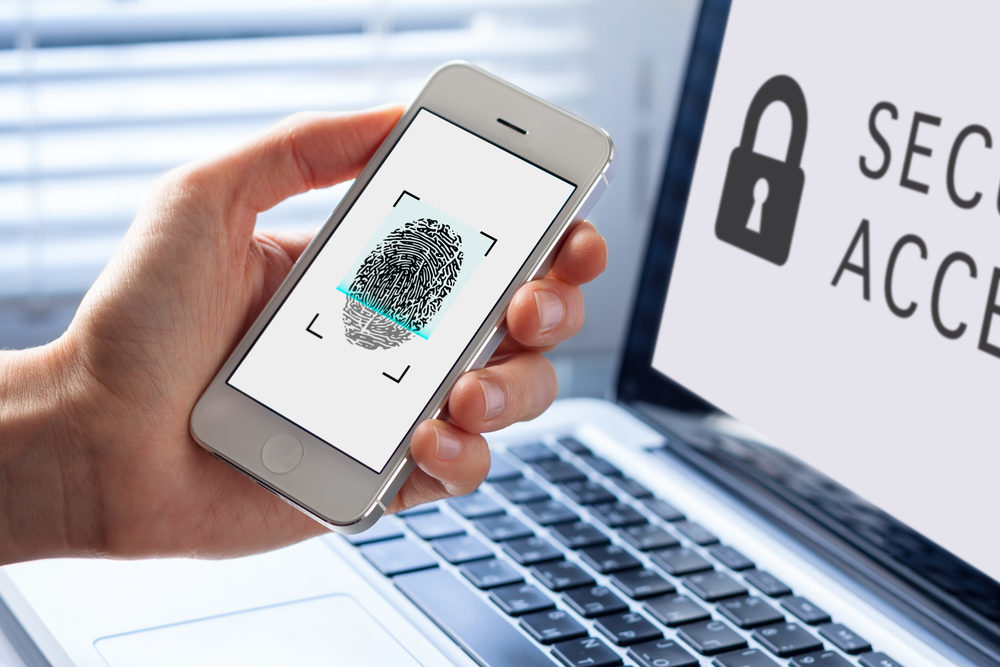The bad guys are trying to trick you on your mobile device! Users are three times more likely to click on a suspicious link on their mobile device than on a desktop, and the bad guys are taking advantage of this. They will send you malicious links through email, social media (Facebook messenger), and text messages.
Don’t be their next target! If you’re using your mobile device and receive a suspicious message, or you cannot see where a link is taking you, don’t click! Instead, wait until you can view the message on a desktop, or delete the message altogether.
Let’s stay safe out there!
Stop, Look, and Think. Don’t be fooled.





